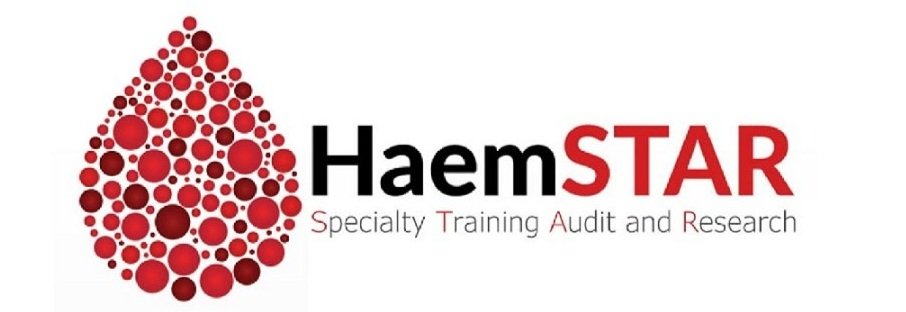RAPIDO
Watch RAPIDO Briefing
Reversal Agents in Patients antIcoagulated with Direct Oral anticoagulants
UPDATE: The second round of data collection for RAPIDO will take place between 1st October and 30th November 2023. We will be collecting data from patients who received a reversal agent between 1st February 2022 and 30th June 2023.
RAPIDO is a multi-centre, UK-wide audit of reversal agents for patients taking DOACs who present with major bleeding. The first data collection window ran from July to September 2022 and collected data on over 950 patients who were treated between October 2020 and January 2022. The next data collection window will be 1st October to 30th November 2023 and will collect data from February 2022 to June 2023. The project will report full results in 2024 and is funded by AstraZeneca. To contribute, please contact HaemSTAR Chair, Dr Richard Buka:
Contact: Richard.Buka@nhs.net
RAPIDO was presented at BSH 2023. Click here to view the abstract, and here for the poster.
Useful Documents
RAPIDO Local Audit Registration Quick Start Guide: Template & FAQs
Introductory Letter to Audit Departments
HRA is my project research tool (ethical approval not required)
Read more
You can register your site now, even if not previously involved in the first data collection. Second Data collection runs from 1st October 2023.
The vast majority of patients taking direct oral anticoagulants (DOACs) in the UK take an anti-factor Xa medication which includes apixaban, rivaroxaban, and edoxaban. British Society of Haematology guidelines for the Management of Bleeding in Patients on Antithrombotic Agents recommend that:
“There is no specific antidote for rivaroxaban. Management of bleeding should be through cessation of treatment and general haemostatic measures.”
“In situations with ongoing life-threatening bleeding, PCC … should be considered.”
These guidelines were written prior to the widespread use of apixaban and edoxaban but the use of PCC is generally accepted for treatment of patients taking these drugs who present with major bleeding. A 2018 addendum recommended the use of idarucizumab for patients taking dabigatran who have major bleeding. In 2021, NICE approved the use of Andexanet alfa for treatment of patients taking apixaban and rivaroxaban who have acute, major gastrointestinal bleeding. However, andexanet alfa is approved for use in all patients with major bleeding of any site, in Scotland.
Despite these recommendations, empirical data to support the use of reversal agents is lacking. The use of idarucizumab and andexanet alfa are supported by single-arm trials and real-world analyses. PCC use is supported by retrospective, observational studies only. Importantly, these agents are high-cost drugs with the typical cost of PCC at nearly £3,000 per treatment and andexanet alfa at £15,000 – £23,000 per dose. There are therefore substantial cost implications to the NHS and real-world data is urgently required to appraise the use of these drugs in the UK. Secondary aims of this project are to report the outcomes of patients who are treated with these drugs and to compare their efficacy.
Contact: Richard.Buka@nhs.net
